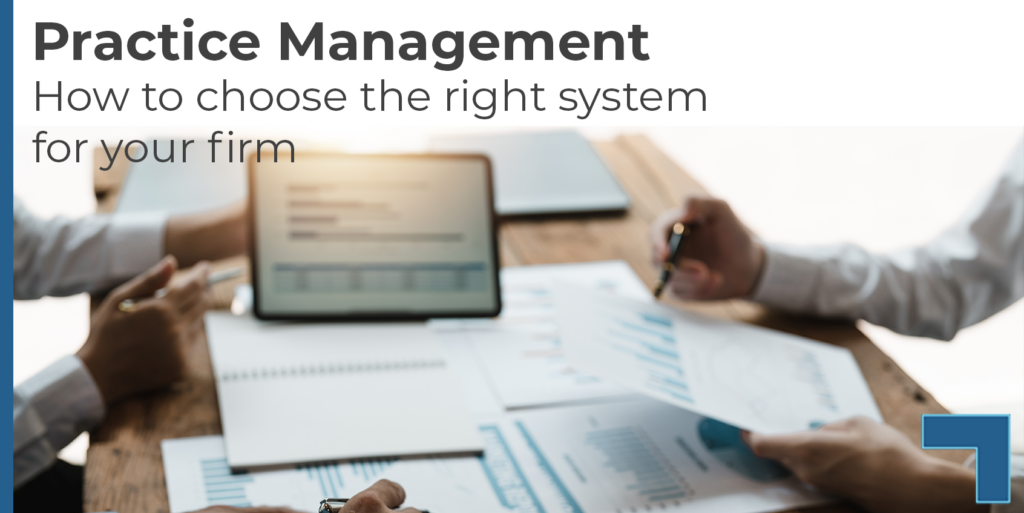
Personal injury lawyers often have to wait months or even years to receive payment for their services. This can create cash flow problems and make it difficult for them to cover expenses, such as office rent, employee salaries, and marketing expenses. Disbursement funding is a financing option that can help personal injury lawyers access the cash they need to cover expenses and grow their practices. In this article, we’ll explore everything personal injury lawyers need to know about disbursement funding.
What is Disbursement Funding?
Disbursement funding is a type of financing that provides businesses with quick access to cash to cover expenses. In the case of personal injury lawyers, disbursement funding is often used to cover expenses related to a case, such as expert witness fees, court filing fees, and travel expenses.
How Does Disbursement Funding Work for Personal Injury Lawyers?
Personal injury lawyers can apply for disbursement funding from alternative lenders, such as litigation funding companies. These lenders provide funding to cover the expenses associated with a case, and the lawyer repays the loan when the case settles or is resolved.
When it comes to disbursement funding for personal injury law, there are many financing options available. However, QuickFee stands out as a trusted and reliable provider of disbursement funding. Here are some of the reasons why personal injury lawyers should choose QuickFee for their disbursement funding needs:
- Quick Access to Funds: QuickFee offers fast and easy access to funding, which can be critical for personal injury lawyers who need to cover expenses related to a case quickly. QuickFee can provide funding within 24 to 48 hours of approval, helping personal injury lawyers avoid cash flow problems.
- Customisable Financing Options: QuickFee offers flexible financing options that can be customised to meet the specific needs of personal injury lawyers. This includes no monthly payments, no upfront fees, and no interest charges payable until the end of the loan or until the case is closed.
- Preserve cash flow: Personal injury law firms are only responsible for repaying the loan when the case is closed or settled. QuickFee covers expenses such as medical bills, expert reports, and court fees, which reduces the financial burden for the lawyer and helps them focus on their clients.
- Simple Application Process: QuickFee’s application process is simple and straightforward, requiring only basic information about the case and the lawyer’s practice. This makes it easy for personal injury lawyers to apply for and receive funding quickly.
- Transparent Fees: QuickFee’s fees are transparent and easy to understand, with no hidden costs or surprises. This allows personal injury lawyers to make informed decisions about their financing options and plan for their expenses more effectively.
Overall, QuickFee is an excellent choice for personal injury lawyers who need fast, flexible, and reliable disbursement funding. With its customisable financing options and transparent fees, QuickFee is a trusted partner that can help personal injury lawyers manage their cash flow and grow their practices.
Benefits of Disbursement Funding for Personal Injury Lawyers
Disbursement funding is an essential tool for personal injury lawyers who need quick access to cash to cover case-related expenses. By working with a trusted lender, personal injury lawyers can focus on their clients and build successful practices without worrying about cash flow issues.



